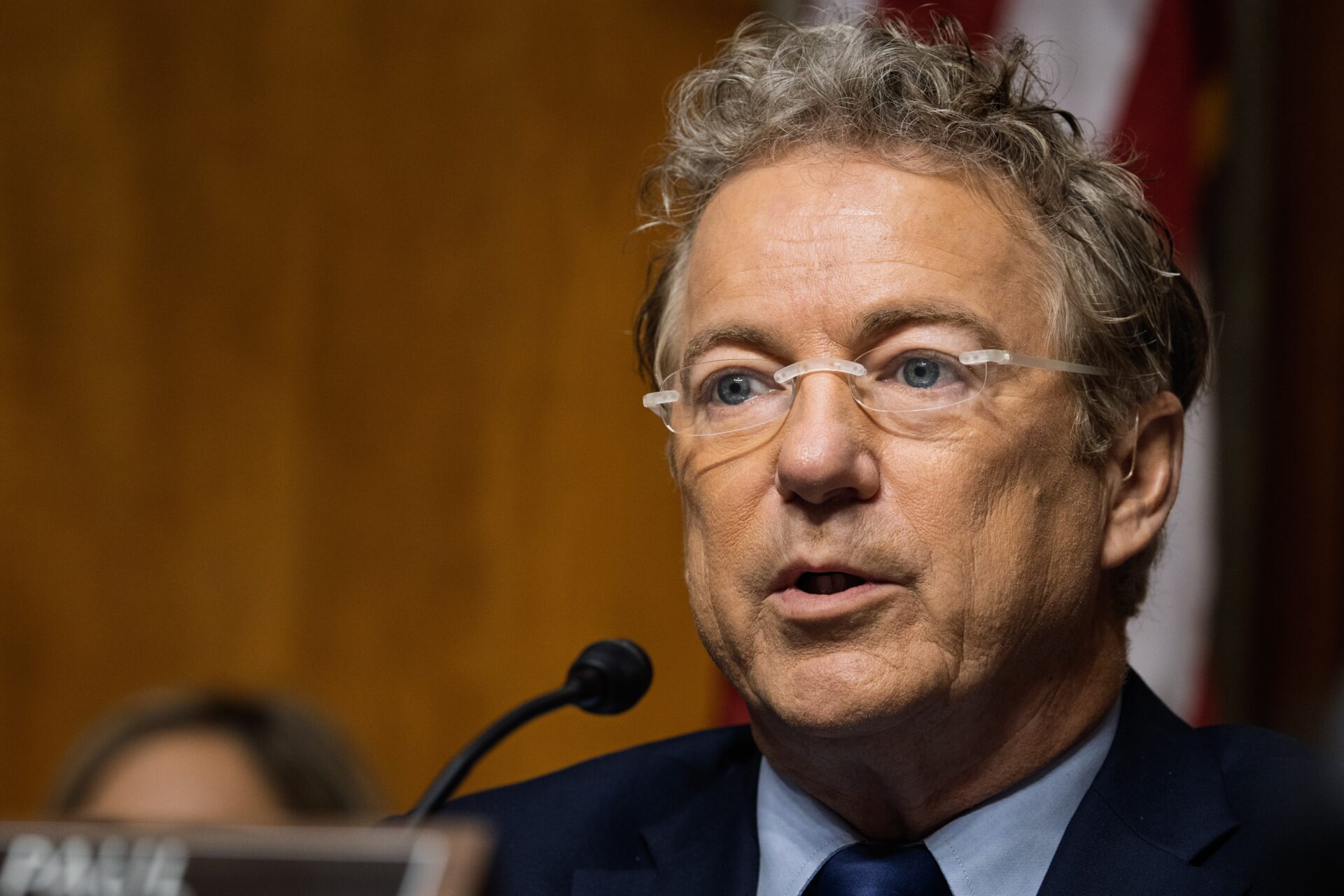
Senator EXPLODES Fed Secrecy Fight!
Senator Rand Paul has reignited his crusade against the Federal Reserve by spotlighting $186 billion in controversial bank payouts and demanding a full audit that could transform the future of American monetary policy.
At a Glance
• Senator Rand Paul advocates for a comprehensive audit of the Federal Reserve
• In 2024, the Fed paid $186 billion to banks—44% went to foreign institutions
• H.R. 24, the Federal Reserve Transparency Act of 2025, is gaining traction in Congress
• Critics warn that a full audit could compromise the Fed’s operational independence
• The national debt has surpassed $37 trillion, intensifying calls for fiscal scrutiny
Rand Paul Versus the Fed
Rand Paul has launched a renewed offensive against the Federal Reserve, citing an eye-popping $186 billion in 2024 interest payments made to domestic and foreign banks—nearly half of which benefited non-U.S. institutions. He’s demanding answers, accountability, and above all, transparency.
The Kentucky senator, alongside Rep. Thomas Massie, is backing H.R. 24—the Federal Reserve Transparency Act of 2025—a bill designed to strip away the central bank’s audit immunity. Paul argues this legislation is no longer optional, calling the Fed “an unaccountable leviathan” in recent media appearances.
Watch now: Sen. Rand Paul reintroduced ‘Audit the Fed’ Bill · YouTube
Cracks in the Fed’s Armor
Since its creation in 1913, the Federal Reserve has operated with a high degree of independence. While the Government Accountability Office was granted limited audit authority in 1978, core monetary policy functions have remained off-limits. The Dodd-Frank Act modestly expanded audit reach in 2010, but massive asset purchases during the COVID-19 crisis renewed calls for full transparency.
Paul’s supporters argue that the Fed has grown too powerful, too opaque, and too intertwined with global finance. With the national debt now topping $37 trillion, they say Americans deserve to know where every dollar goes—and why foreign institutions are reaping nearly half of central bank payouts.
Critics of the audit push counter that politicizing the Fed could hinder its ability to manage inflation and employment. They warn that forcing the Fed to answer to Congress might inject short-term electoral pressures into long-term economic strategy.
Political Gridlock or Policy Flashpoint?
H.R. 24 is gaining traction with fiscal conservatives and populist lawmakers frustrated by decades of unexamined central bank decisions. Hearings on the measure are expected this fall, with Democrats largely resisting what they view as a destabilizing intervention into economic governance.
Meanwhile, grassroots support for the audit has swelled, with libertarian and constitutionalist groups launching campaigns to pressure lawmakers ahead of a possible floor vote. Paul’s efforts may not guarantee legislative victory—but they’ve forced the Fed into the spotlight at a time when trust in government spending is at a historic low.
The Fed’s defenders insist that central banking requires autonomy to remain effective. But Paul and his allies are betting that public anger over unchecked spending and opaque bailouts will override institutional inertia. The fight to audit the Fed is no longer theoretical—it’s legislative, ideological, and deeply political.